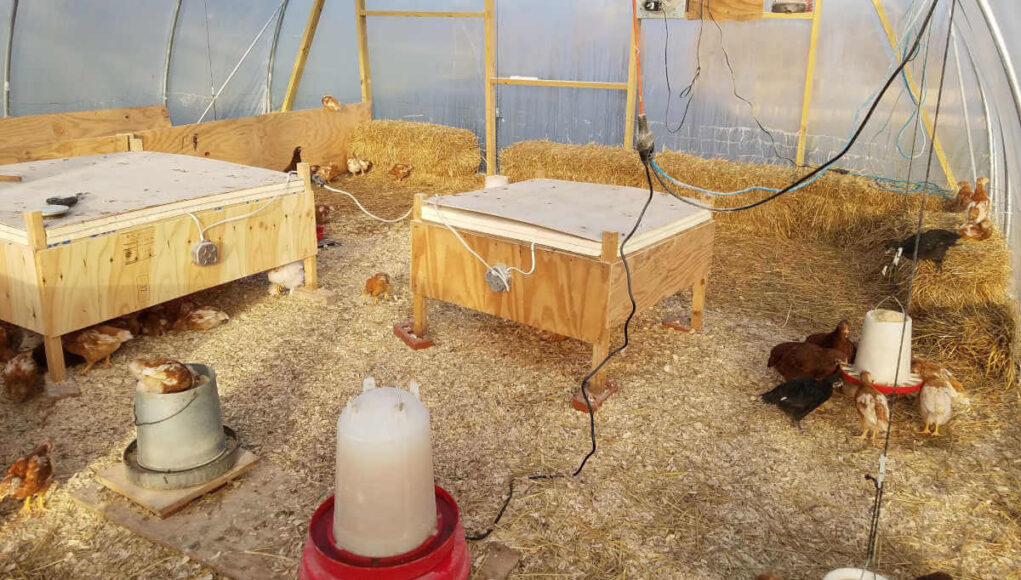Raising chicks can be an incredibly rewarding experience, especially when you understand the early chick milestones that mark their journey from hatchlings to healthy adult chickens. Whether you’re a seasoned poultry keeper or a novice enthusiast, knowing these milestones will help ensure that your chicks thrive.
The first few weeks of a chick’s life are crucial. During this time, they undergo significant growth and development both physically and behaviorally. Understanding these changes can aid in providing optimal care and creating a nurturing environment for your chicks.

The Importance of Early Chick Development
Chicks develop rapidly in their early stages, making it essential for chicken lovers to be well-informed about the different phases of their growth. From physical changes to behavioral adaptations, each stage is pivotal for a chick’s future health and productivity.
Physical Growth and Feathering
In the first few days after hatching, chicks are covered in soft down. As they grow, they start developing their first true feathers, which usually begin to appear around the second week. By the time they are five to eight weeks old, most chicks have fully feathered bodies, which help them regulate their body temperature.
Behavioral Changes
Behaviorally, chicks start off being highly dependent on their mother or a brooder for warmth and protection. As they grow, they begin to explore their surroundings, peck at food, and interact with other chicks. These social interactions are important for their mental development and help establish a social hierarchy within the flock.
Key Milestones in Chick Development
Week 1: The Crucial Beginning
During the first week, chicks are incredibly vulnerable. They require constant warmth, ideally from a brooder, as their bodies are not yet capable of regulating their own temperature. It’s essential to use an eco-friendly brooder to maintain the right temperature and ensure they have access to fresh water and chick starter feed.
Week 2: Feathering Begins
By the second week, down feathers start to be replaced by juvenile feathers. During this period, maintaining a clean environment is crucial. Regularly changing the brooder bedding can prevent infections and promote healthy growth. Check out our guide on brooder bedding changes for tips.
Week 3: Increased Activity
Chicks become more active and curious during the third week. Providing safe and engaging toys can help stimulate their cognitive development. For ideas on suitable toys, read our article on safe toys for chicks.
Week 4: Developing Independence
By the fourth week, chicks start to show signs of independence. They become more adept at foraging and may begin to establish a pecking order. During this time, its important to ensure that their feed remains dry and nutritious. Learn more about keeping feed dry to maintain food quality.
Ensuring Healthy Chick Growth
While understanding the milestones is key, providing the right environment is equally important. This includes the proper diet, safe housing, and regular health checks. Consulting resources like The Chicken Chick can offer valuable insights into chick care.
Diet and Nutrition
A balanced diet is crucial for chick development. Starter feeds are specially formulated to meet the nutritional needs of young chicks. As they grow, transitioning to grower feeds helps support their developing bodies.
Safety and Environment
Creating a safe environment is critical. Ensure that the brooder is secure and free from potential hazards. Using materials like paper towels in the brooder can provide a non-slip surface and help keep the area clean.

FAQs
What should I feed my chicks?
Chicks should be fed a high-quality starter feed that is rich in protein to support their rapid growth.
How often should I clean the brooder?
It’s recommended to clean the brooder at least once a week to prevent the buildup of waste and bacteria.
When can chicks go outside?
Chicks can start spending time outside once they are fully feathered, typically around 6 to 8 weeks of age, and the weather is suitable.
This article contains affiliate links. We may earn a commission at no extra cost to you.











